HONG KONG—Hundreds of police officers descended on a recently occupied road and tunnel here, tearing through barriers and meleeing with pro-democracy protesters, until they had forced the crowd back to the position it had occupied this afternoon.
The action was a stern and swift reprisal to the seizure, just hours previously, of a crucial road that connects Hong Kong island with the broader Hong Kong city, including Kowloon and the mainland. Police weapons of choice included bolt cutters, screams, shields, pepper spray, and swinging batons.
The point of confrontation moved to Lung Wo road late in the evening on Tuesday, as protesters launched a surprise attack and set up obstructions, in reprisal against police removing them from the other key highway known as Queensway on Tuesday morning.
Then, at about 3 a.m., police swooped in.

Moving from both directions in a pincer action, they wielded shields and batons, and coordinated screams. Those who did not wish to move were screamed at; then pushed or shoved; and then, if they failed to budge, were treated to the business end of a police baton. Some were also hit with pepper spray.
One man was slammed to the ground on a paved walkway and had his face and back kneeled upon by at least two police officers. A third or forth soon came by and kicked him in the head. He was further screamed at, and, eventually, presumably hauled away—though by that time police had succeeded in ejecting observing reporters.
In general, police gave advance warning of their intention to use force. Female police officers acted as shepherds to encourage the crowd to keep moving, and to not incur the wrath of the larger group.
On the other side of the tunnel, police confronted a wall of students holding umbrellas—and freely swung their batons into them, and the hands and arms holding them. They also screamed at reporters to move along, possibly to prevent the violence being documented.
Within the hour police had succeeded in driving the occupiers completely clear of Lung Wo road and back into the areas that have been occupied over the last two weeks.
The sudden turn of fortunes, and the means with which it was effected, left many participants at a loss.
“I saw the police beat the protesters, including females, using very strong force. They use pepper spray,” said Lee Ki, 21, an engineering student. “We’re not happy. Really.”
She continued: “We needed this road in order to have a discussion with the government. Now, we have nothing.”
The students and their supporters have since late September been attempting to engage the Hong Kong government in formal discussions about the possibilities of devising ways to expand democracy in Hong Kong, which is currently straitjacketed by the commands of the Chinese Communist Party.
Hong Kong is a former British colony that was handed over to the People’s Republic of China in 1997, with the promise that democracy would be slowly introduced, autonomy would be retained, and that Hong Kong’s social system would not change for 50 years.
The protesters now feel that recent decisions by authorities in Beijing are changing that status quo, and also that creeping policies by the government have over the last decade served to degrade Hong Kong’s autonomy.
“Originally I didn’t support taking Lung Wo Road,” said Tim Fong, a 21-year-old in the insurance business. “Everyone went to occupy it, though, so I came out.”
Protesters were deeply disappointed when the road was taken back, Fong said, but he disagreed with the few protesters that cursed the police, “and cursed their parents.”
After the police action the crowd was in general subdued. Calvert Law, 40, a publisher, said that “the government has made clear that they’re not giving any ground. I’ve lost all hope. This government is too cold blooded.”
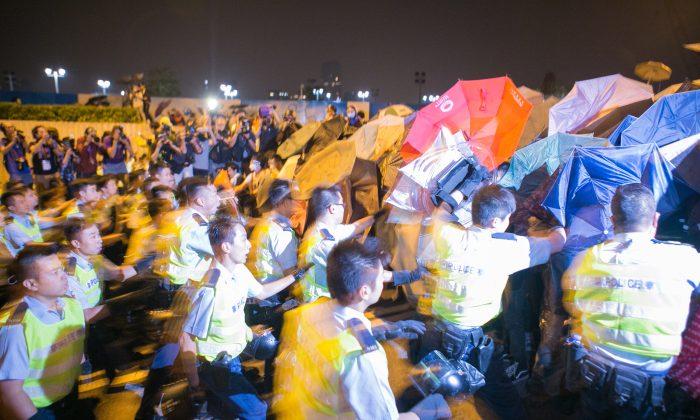

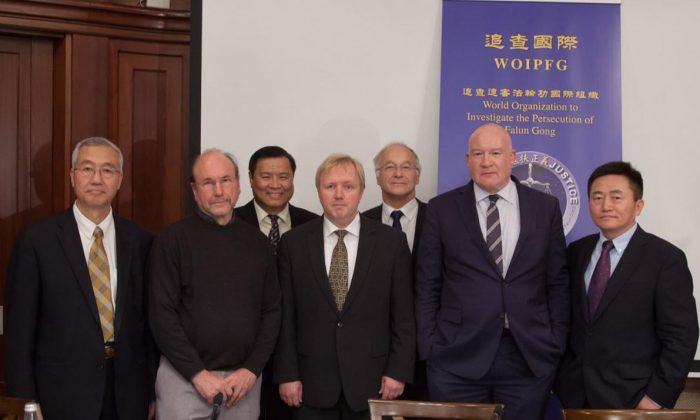
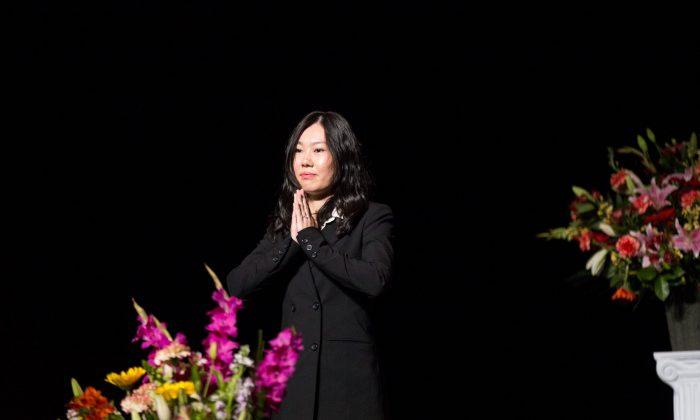
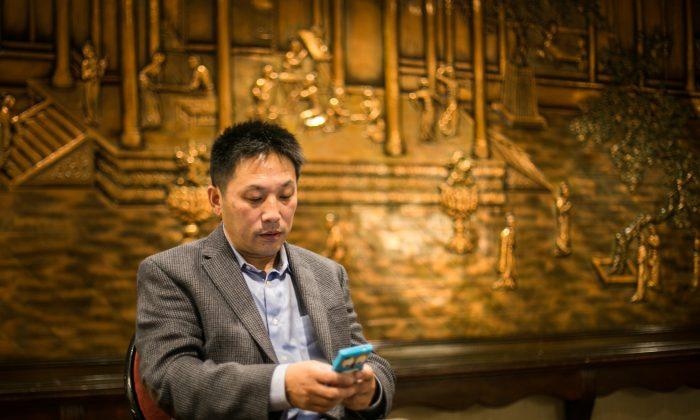
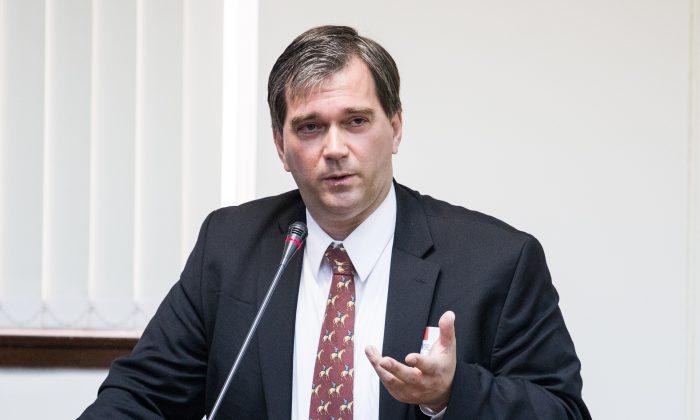
Friends Read Free